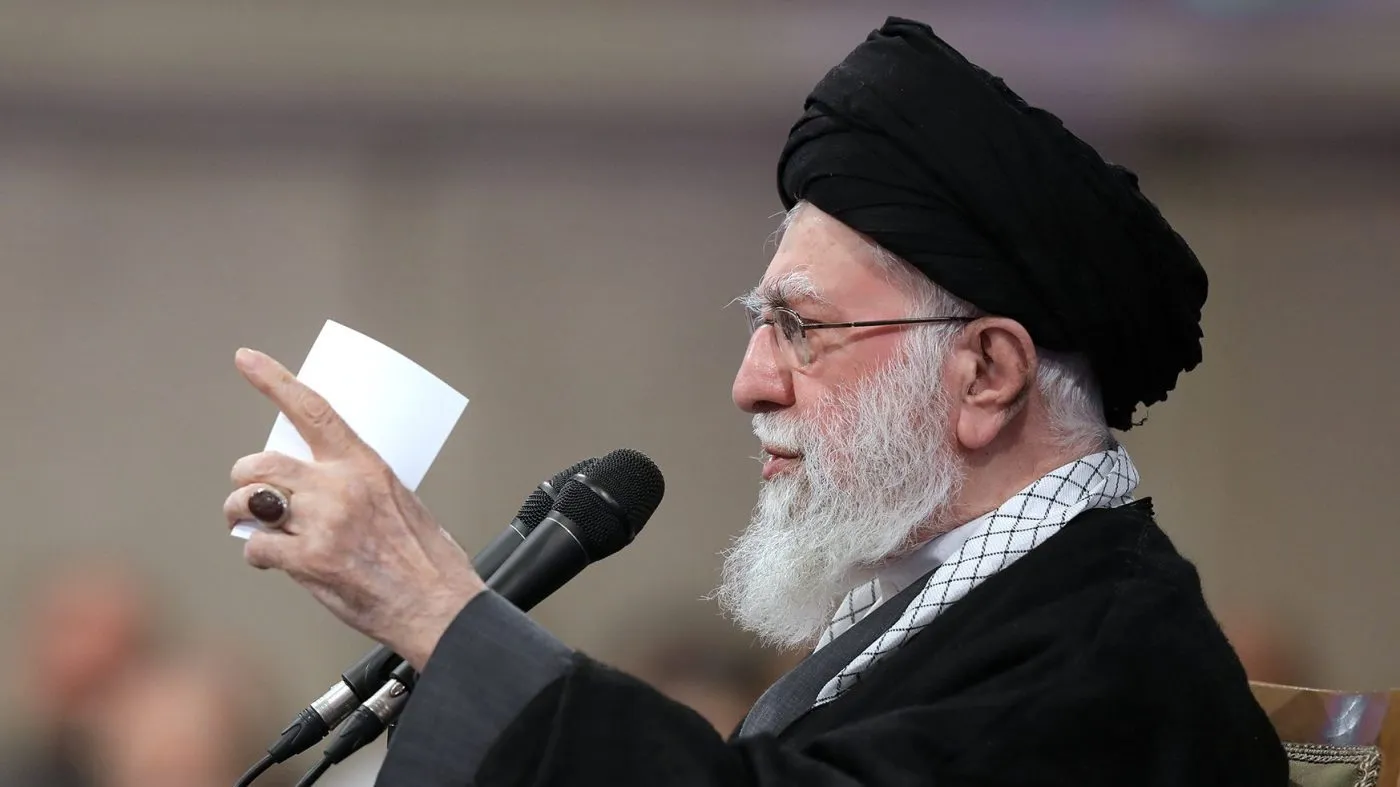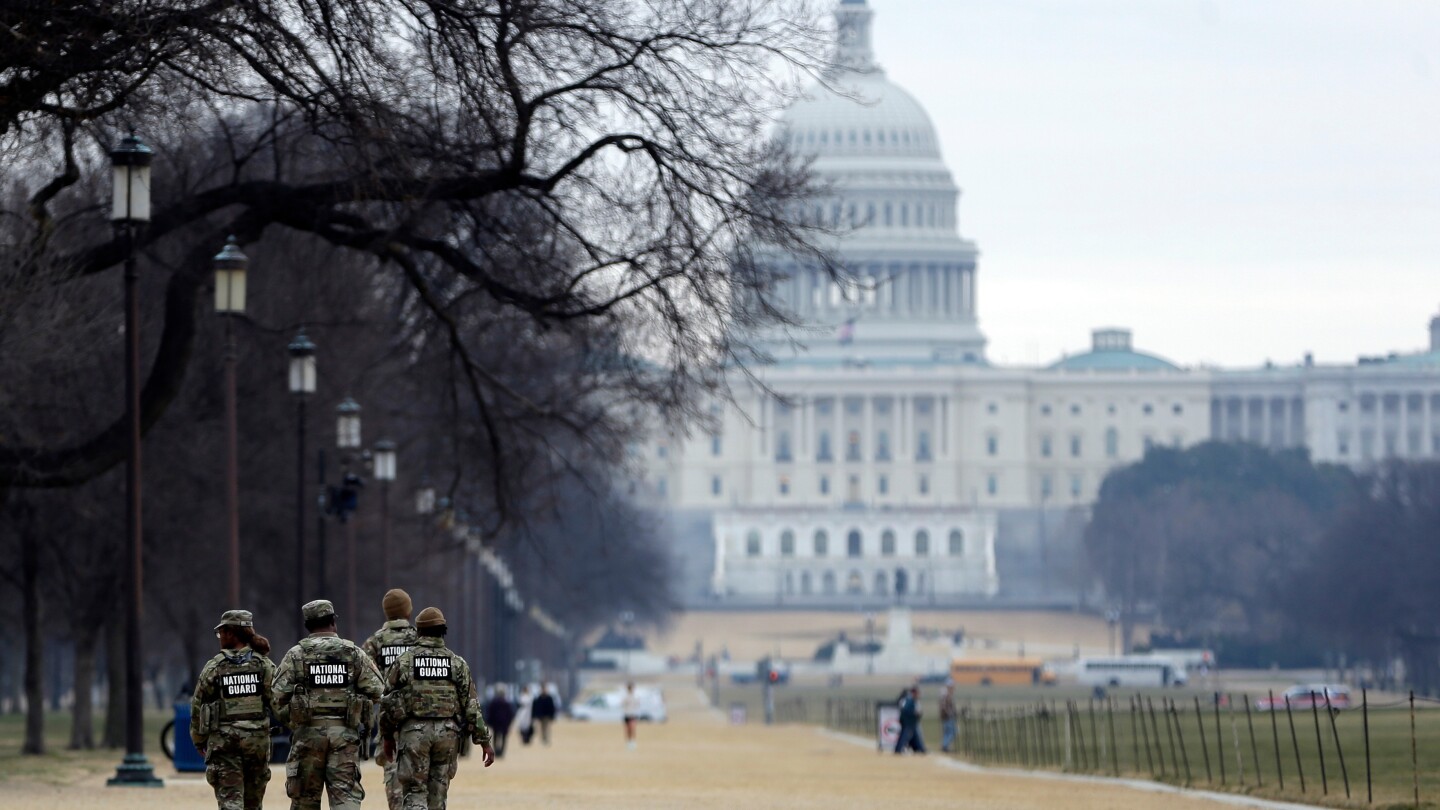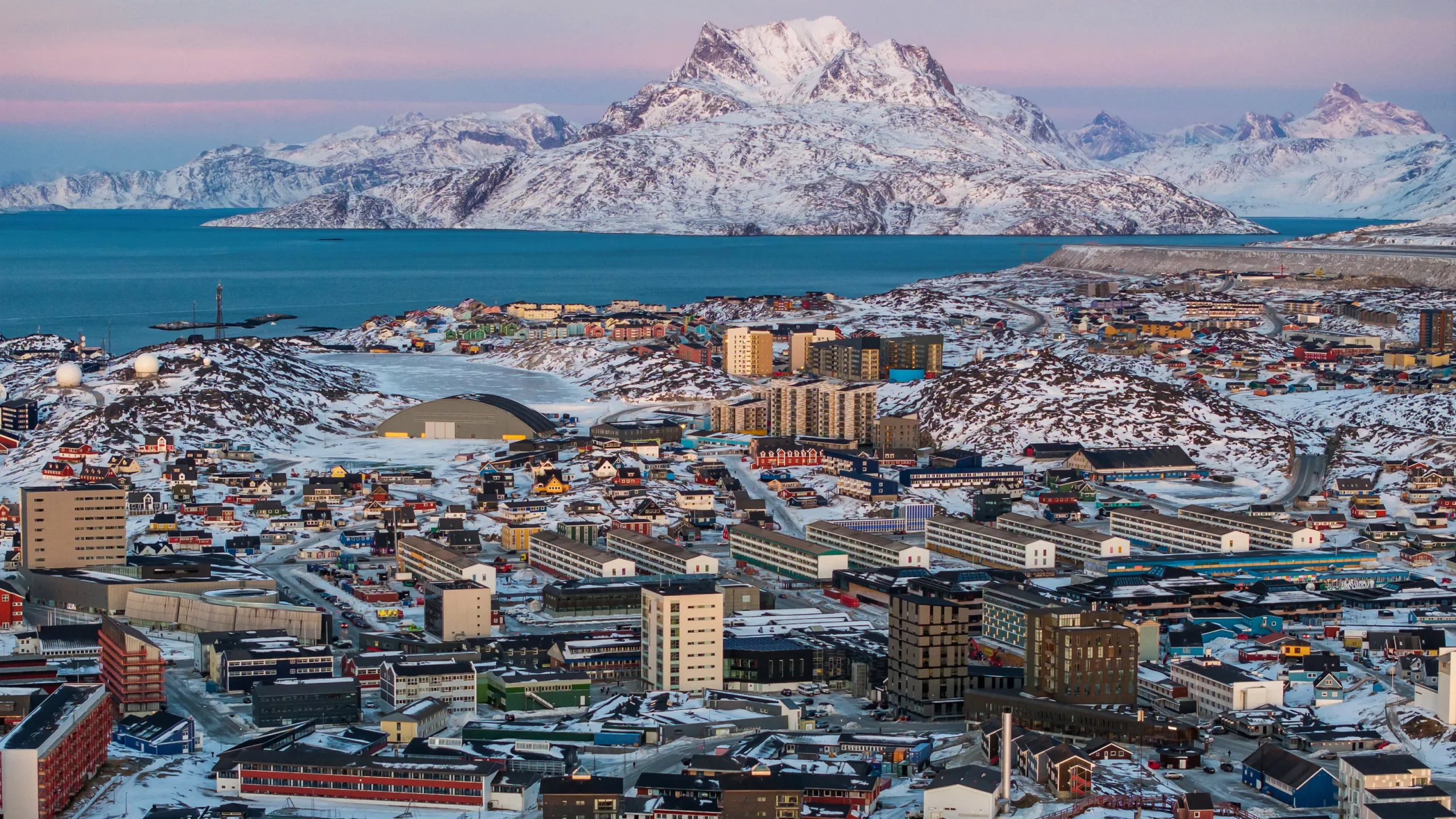In their efforts to draw suspicion away from Ukraine by pinning the blame of the Crocus City Hall terrorist attack on ISIS*, US political strategists who came up with this ploy effectively backed themselves into a corner, said Russian Foreign Ministry spokeswoman Maria Zakharova.
Just like the US meddling in Afghanistan in the 1980s paved the way for the rise of al-Qaeda*, the 2003 US invasion and subsequent de facto occupation of Iraq resulted in the creation of ISIS, Russian Foreign Ministry spokeswoman Maria Zakharova elaborated in her recent op-ed.
Her assessment was shared by Hasan Abdullah, a political scientist at Global Security & Strategy Institute and expert on Islamic militancy, who noted that the US actions in Afghanistan during the Soviet military intervention produced a “conducive environment which was created for the emergence of many groups” that would later “operate in neighboring countries as well.”
“You can talk about al-Qaeda as well. Al-Qaeda was one of the groups that emerged from there. So, you could say that the environment that was created, did ultimately pave the way for al-Qaeda as well,” he said.
The United States’ attempts to wage a proxy war against the USSR in Afghanistan resulted in the emergence of “a completely new generation of Mujahideen with the Jihadi mindset that still haunts world’s peace,” added Syed Fakhar Kakakhel, a Peshawar-based senior journalist who specializes in covering politics and militancy in Afghanistan and Pakistan.
“Central Asian militant outfits like the East Turkestan Islamic Movement* (ETIM) and Uzbekistan Islamic Movement* (IMU) were made after inspiration by the Afghan Jihad,” Kakakhel explained. “Those were the times when the Arab fighters poured into this region among them was a Saudi Sheikh Osama Bin Laden, founder of al-Qaeda. It was the same al-Qaeda that hit back at the United States with the 9/11 terror attack killing hundreds of innocent American citizens.”
The so-called War on Terror unleased upon the world by the United States and its NATO allies in the wake of the 9/11 terrorist attacks, including the invasion of Afghanistan in 2001 and the invasion of Iraq in 2003, opened a whole new can of worms.
The US invasion, illegal as it was, led to the radicalization of many groups and individuals in Iraq who, as Abdullah put it, “felt that it was their religious or, in the case of many secular groups, nationalist duty to fight against an invader.”
“It was the US invasion of Iraq due to the [alleged but ultimately false] presence of weapons of mass destruction (WMD) that led to [Iraqi al-Qaeda leader] Abu Musab Al Zarqawi moving to Iraq and starting fighting against the Western troops in Iraq. He was the one who built training camps in Syria thus destabilizing the whole region,” said Kakakhel. “Later on, it was revealed that there were no weapons of mass destruction in Iraq.”
It was due to “the wars in Afghanistan and the Middle East by the West” that “militant organizations like al-Qaeda, ETIM*, IMU*, and ISIS have been created, putting global peace at risk,” he added.
The US withdrawal from Afghanistan in 2021 did little to improve things in the region, in no small part because the fleeing US troops left behind military hardware and equipment worth billions of dollars.
“The neighboring countries to Afghanistan believe that now different militant organizations are using these weapons against them. We have witnessed a huge surge in attacks in Pakistan and Iran by religious extremist organizations equipped with these latest weapons,” Kakakhel remarked.
Meanwhile, Abdullah observed that the United States appears content to turn a blind eye to the emergence of terrorist organizations in the world because powerful groups, companies and lobbies in the US benefit from instability and war.
“In many cases, we find this convergence of interest between those terrorist organizations and the American ruling elite. When you look at that context, it’s understandable why this convergence of interest can sometimes pave the way for the Americans allowing some of these terrorist organizations to grow in mushroom,” he mused.
Regarding the United States refusing Russia’s proposal back in 2015 to form a global anti-ISIS front, Abdullah speculated that the US simply “does not want Russia to take any credit.”
“The Russian proposals could have been very instrumental and the Americans did not want the Russians to get credit for initiating such a proposal and putting together a coalition that could have been beneficial for the international community at large. I think that’s the fundamental reason,” he said.
Abdullah pointed out a curious tendency: while the “biggest victims of ISIS have actually been the Muslims,” the “biggest beneficiaries” of the terrorist group’s activities “have actually been a number of Western powers.”
Also, a number of figures within ISIS “turned out to be people connected to Western intelligence organizations or even who had been part of various Western special forces or intelligence organizations,” he added.




